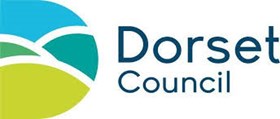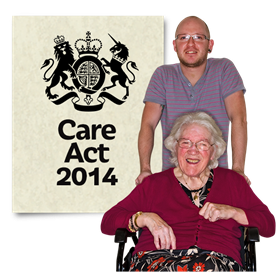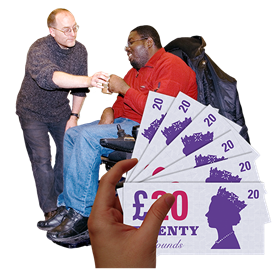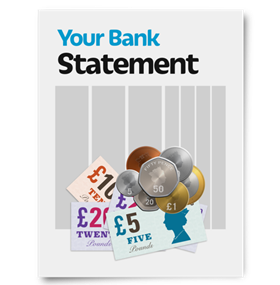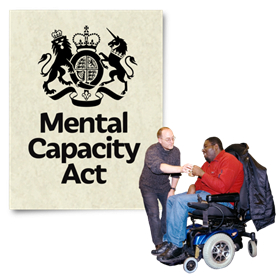ICT system maintenance
Some of our ICT systems are having maintenance over the Easter bank
holiday. This may cause intermittent issues with some of our online
forms between 9am on Friday 18 April and 6pm on Sunday 20 April.
If you experience a problem with our website, please revisit
and try again later. If you have an urgent enquiry, please call us.
Thank you for your patience.

